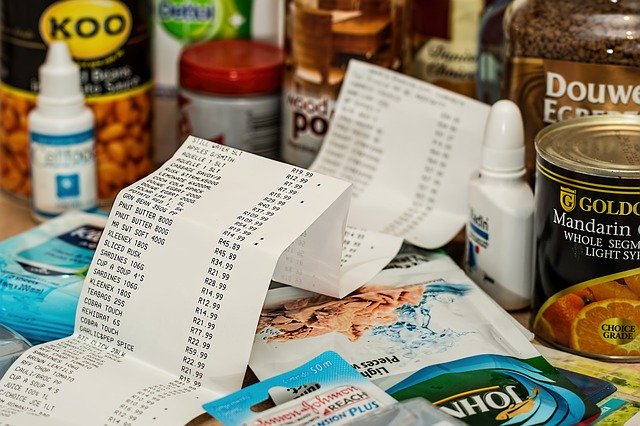At the beginning of the Covid-19 (novel coronavirus) pandemic, there was no telling how much of our lives it would change. There was no immediate indication of the scale and spread of the disease and how many lives it would affect.
Now, months into this pandemic it feels as though almost every aspect of our lives has been impacted.Some people have been forced to start working from home, while others have lost jobs. Some businesses have been forced to cut back heavily while others have closed, a few of them permanently. The pandemic has also changed a lot of our habits. Social distancing, wearing masks and constant sanitization are now seen as essential activities. The pandemic has also changed how we shop for groceries. Although buying food has been a normal human activity for perhaps milenia, the spread of Covid-19 has changed much of how we complete this task. Here are some surprising ways in which the pandemic has changed our grocery shopping habits.
Safe shopping – Prior to Covid-19, our worst grocery store scenarios involved running into annoying former associates. While this was minor, we are now more cautious than ever about how we interact in the store. Visiting crowded spaces increases our chances of becoming infected with Covid-19. For this reason, to safeguard grocery shopping, NY governor Andrew Cuomo released a list of guidelines for stores encouraging them to limit the number of shoppers at any one time in an attempt to simplify social distancing. Alternatively, many shoppers tend to avoid the grocery store during high traffic times such as on payday.
Sanitization and temperature checks – One way that grocery stores have been attempting to keep their surroundings relatively COVID-free is to insist that customers wash hands and have their temperatures checked prior to entering stores. Hands that have been in contact with infected shoppers’ eyes, noses, and mouths can potentially carry disease that is then easier to transfer to packaged foods, cash, and other touchpoints. Temperature checks attempt to identify shoppers with higher than normal body temperatures, which is an indicator of infection. While these methods aren’t foolproof, in the long run, they will yield net benefits.
Grocery delivery – Before the onset of the pandemic, grocery delivery was seemingly one of the most difficult e-commerce ventures to get right. Despite numerous attempts, no company has appeared to make grocery delivery a staple as much as buying books or apparel. However, the pandemic has changed much of this, and consumers and entrepreneurs alike are once again looking towards grocery delivery as both necessary and feasible. Having groceries delivered saves people from having to venture out into public, further risking infection. Coincidentally it is also less time consuming and perhaps less stressful.
Less sampling – For many people, grocery store trips meant filling up aon all the samples grocery stores would offer in an attempt to get you to purchase products you would ordinarily ignore. Unfortunately, food samples were often displayed in what we now consider unsanitary conditions i.e. uncovered and displayed close to high-traffic areas. Apart from this, food samples risked contamination from infected employees. Subsequently, the pandemic has caused a cessation to these types of activities as grocery stores have either stopped offering these samples or now only offer samples that come in secure packaging.
We shop solo – Prior to the pandemic, grocery shopping wasn’t necessarily a solo affair. People often did their shopping in the company of spouses, significant others or children. Having more people visit a highly trafficked store in the midst of a pandemic is never a good idea. This is especially true where children are concerned since it would require increased vigilance. Children would need to be monitored and their hands sanitized before they infected themselves. Additionally, apart from the risk to loved ones, having extra people tagging along increases congestion in the store’s aisles. The fewer people it takes to complete such a task, the better.
In the end, the pandemic may be remembered as one of the most upending and transformative periods of our lives. With Covid-19 spreading its tentacles deep into every aspect of our lives, no facet of our existence has been left unscathed. Grocery shopping, one of our most necessary activities has seen its share of transformation. There is no telling how many of these changes would be permanent, but one thing is for sure; shoppers will be changed, perhaps forever.







Recent Comments